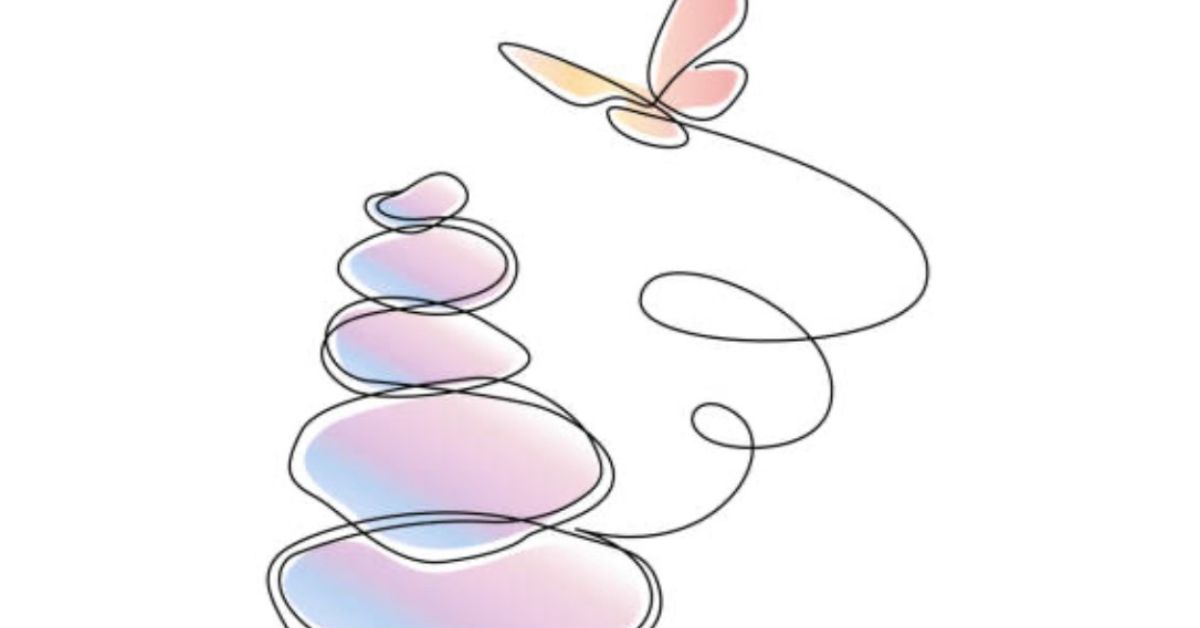Mastering the art of patience is a valuable skill that can significantly enhance our quality of life and contribute to our personal and professional growth. In a fast-paced world where instant gratification is often the norm, developing patience has become more important than ever.
Patience is not merely the ability to wait; it is a virtue that involves maintaining composure and a positive attitude while facing challenges, delays, or obstacles. It is about understanding that some things take time to unfold and that rushing can lead to hasty decisions and undesirable outcomes. In essence, patience is a form of emotional intelligence that empowers individuals to navigate the complexities of life with grace.
One key aspect of mastering patience is embracing the concept of delayed gratification. This involves resisting the temptation of immediate rewards in favor of achieving long-term goals. People who master this art can withstand the allure of short-term gains, recognizing that enduring success often requires sustained effort and dedication.
Cultivating patience involves developing self-awareness and understanding one’s emotional triggers. By recognizing the moments when impatience arises, individuals can employ various strategies to maintain control and composure. Mindfulness practices, such as meditation, can be instrumental in fostering patience by promoting a calm and focused mindset.
Learning to view challenges as opportunities for growth is another essential component of mastering patience. Instead of perceiving obstacles as setbacks, patient individuals see them as chances to learn, adapt, and improve. This mindset shift not only reduces stress but also fosters a resilient and optimistic approach to life’s inevitable ups and downs.
Effective communication is closely tied to patience. It requires listening attentively, processing information, and responding thoughtfully. In conversations, patience allows for a more thorough understanding of others’ perspectives, contributing to healthier relationships both personally and professionally.
In the professional realm, patience is often associated with leadership and decision-making. Leaders who exhibit patience are better equipped to make well-informed choices, taking into account various factors and potential consequences. This approach can lead to more sustainable and successful outcomes, earning the respect and trust of those they lead.
Furthermore, the ability to wait for the right moment can be a strategic advantage in many situations. Whether negotiating a business deal, pursuing a career opportunity, or implementing a project, patience allows individuals to assess circumstances thoroughly, increasing the likelihood of achieving optimal results.
Mastering the art of patience is not a one-size-fits-all endeavor; it requires consistent effort and self-reflection. It involves recognizing that setbacks and delays are part of the journey and embracing the lessons they offer. As individuals hone their patience, they not only enhance their personal well-being but also contribute to a more harmonious and understanding society. Ultimately, the art of patience is a lifelong practice that brings about resilience, wisdom, and a deeper appreciation for the intricate tapestry of life.
In conclusion, mastering the art of patience is a transformative journey that touches every aspect of our lives. This virtue is not a passive waiting game but an active, conscious choice to navigate challenges with a steady hand and an open heart. As we delve into the intricacies of patience, we find it to be a dynamic force that shapes our character, influences our relationships, and propels us toward long-term success.
Patience empowers us to rise above the clamor of instant gratification, embracing the wisdom of delayed gratification. It beckons us to see beyond the allure of immediate rewards, understanding that the most meaningful accomplishments often require time, dedication, and resilience. Through this lens, the concept of patience becomes a guiding principle in our pursuit of enduring happiness and fulfillment.
At its core, mastering patience involves a profound understanding of oneself. It’s about recognizing our triggers, acknowledging our limitations, and harnessing the power of self-control. By cultivating self-awareness, we lay the foundation for a more composed and thoughtful approach to life’s myriad challenges.
Moreover, patience is a cornerstone of effective communication and empathetic relationships. The ability to listen attentively, respond deliberately, and appreciate diverse perspectives all stems from the wellspring of patience. In our personal and professional interactions, this virtue becomes a bridge that connects us to others, fostering understanding and harmony.
In the professional arena, patience emerges as a mark of true leadership. Leaders who embody patience are equipped to make well-considered decisions, weather uncertainties, and guide their teams with resilience. This leadership style not only facilitates success in the short term but also cultivates an environment conducive to sustainable growth and innovation.
The strategic advantage of patience becomes evident in the careful timing of actions. Whether in negotiations, career pursuits, or project implementations, patience allows us to assess situations thoroughly, fostering a discerning mindset that contributes to optimal outcomes. The ability to wait for the opportune moment can be a powerful tool, guiding us toward success in a measured and deliberate manner.
As we reflect on the multifaceted nature of patience, it becomes clear that this is not just a virtue; it’s an art form that requires consistent practice and refinement. The journey of mastering patience is a continuous process of self-improvement, resilience, and adaptability. It invites us to see setbacks not as roadblocks but as stepping stones toward growth and enlightenment.
Ultimately, the art of patience elevates our existence, enriching our lives with deeper meaning and purpose. It is a timeless practice that transcends the constraints of time and circumstance. Through patience, we find not only the strength to endure but also the grace to appreciate the intricate tapestry of life, with all its twists, turns, and moments of quiet beauty.

